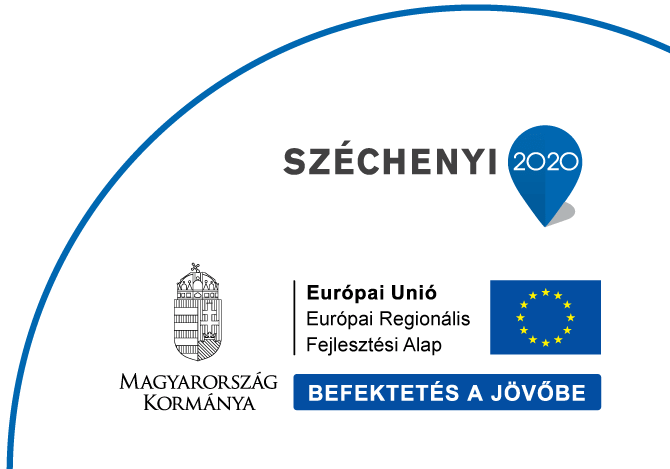While neither the UK nor the EU would benefit, it is increasingly likely that the British exit will end without an agreement. This also affects the second-hand software market. Summary by Zsolt Csala.
Based on developments in recent days, there is a growing chance that an unattended Brexit will occur at the end of the year. How does this affect the second-hand software trade?

This is an important issue, as the used software trade in the European Union accounts for a significant volume now. No wonder, since such a deal frees up funds for both the buyer and the seller (on the one hand through the savings achieved and on the other through the revenue). The legal basis for resale is provided by the institution of exhaustion on the basis of the EU regulations applicable to the countries of the European Economic Area.
The basics are explained in detail by dr. Tamás Hegedüs in a previous article. The regulations applicable to the countries of the European Economic Area are contained in the EU Software Directive. “According to the Directive, the right to distribute a copy of the software to the right holder (who is the copyright owner – mostly the vendor) is exhausted if he or she or someone else with the consent sells the copy of the software within the EEA. In other words, once sold, one cannot comment if the buyer resells it. This legal principle, which has been present in the EU since 1991, has created the possibility of trading in second-hand software” – my colleague summed up.
The United Kingdom has ceased to be a member of the Union since 31 January 2020. For the time being, transitional provisions are in place setting out the exhaustion rules until the end of the year: exhaustion in the EU or the UK before the end of the transitional period will remain in force in both the EU and the UK after the transitional period (Article 61). So transactions made before the end of the year are not affected by Brexit, one can safely continue to use previously purchased software from an English company for example.
But what about future transactions? As early as 2018, the British government issued a statement that they would accept the principle of EU exhaustion even after a possible leaving without an agreement. So companies there can still buy activated software within the EU.
Backward, however, there is no agreement on this issue yet. Thus, the EU second-hand software market is expected to shrink somewhat on the source side after 1 January next year, as software from British companies will not be available for sale to EU companies until some agreement is reached on the subject.
At least according to the current situation.
(The author is the Managing Director of IPR-Insights Hungary, a software law expert.)






































